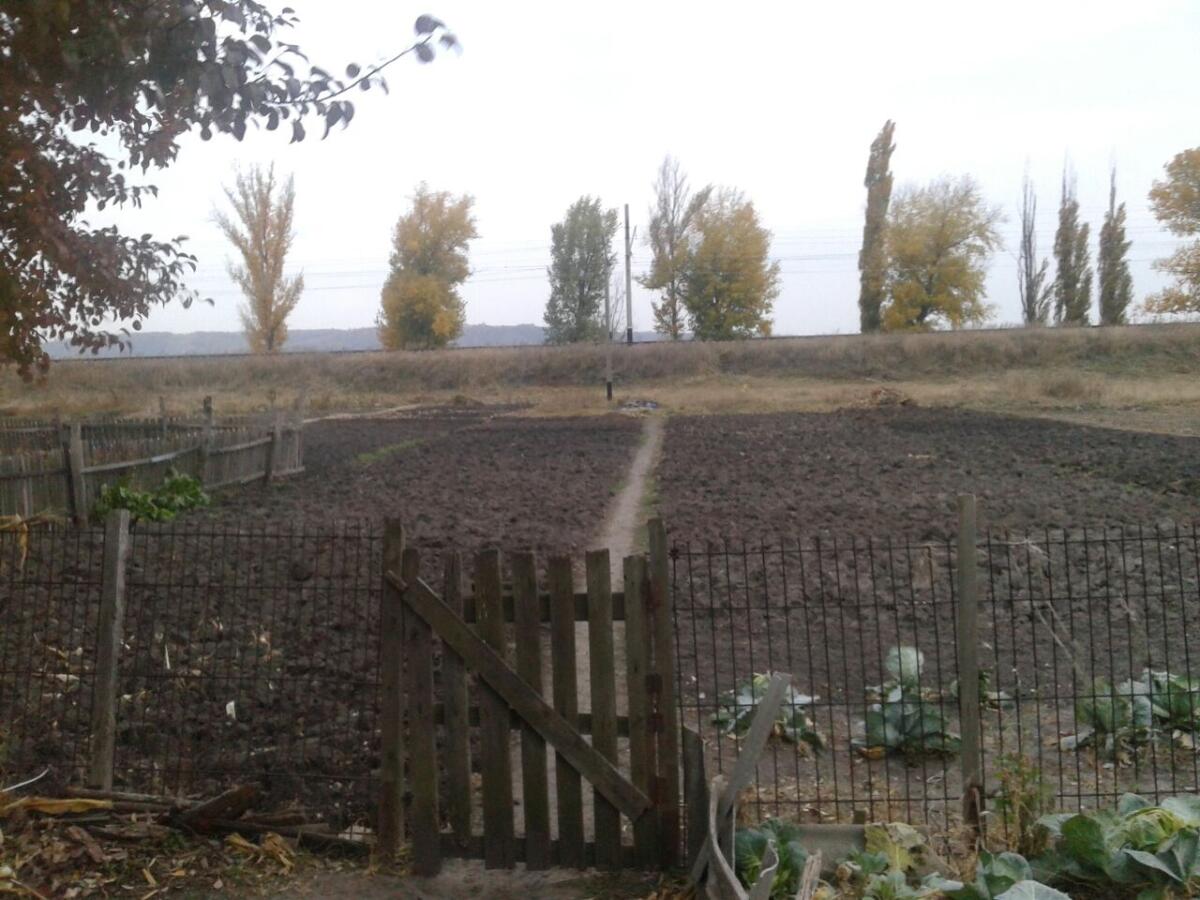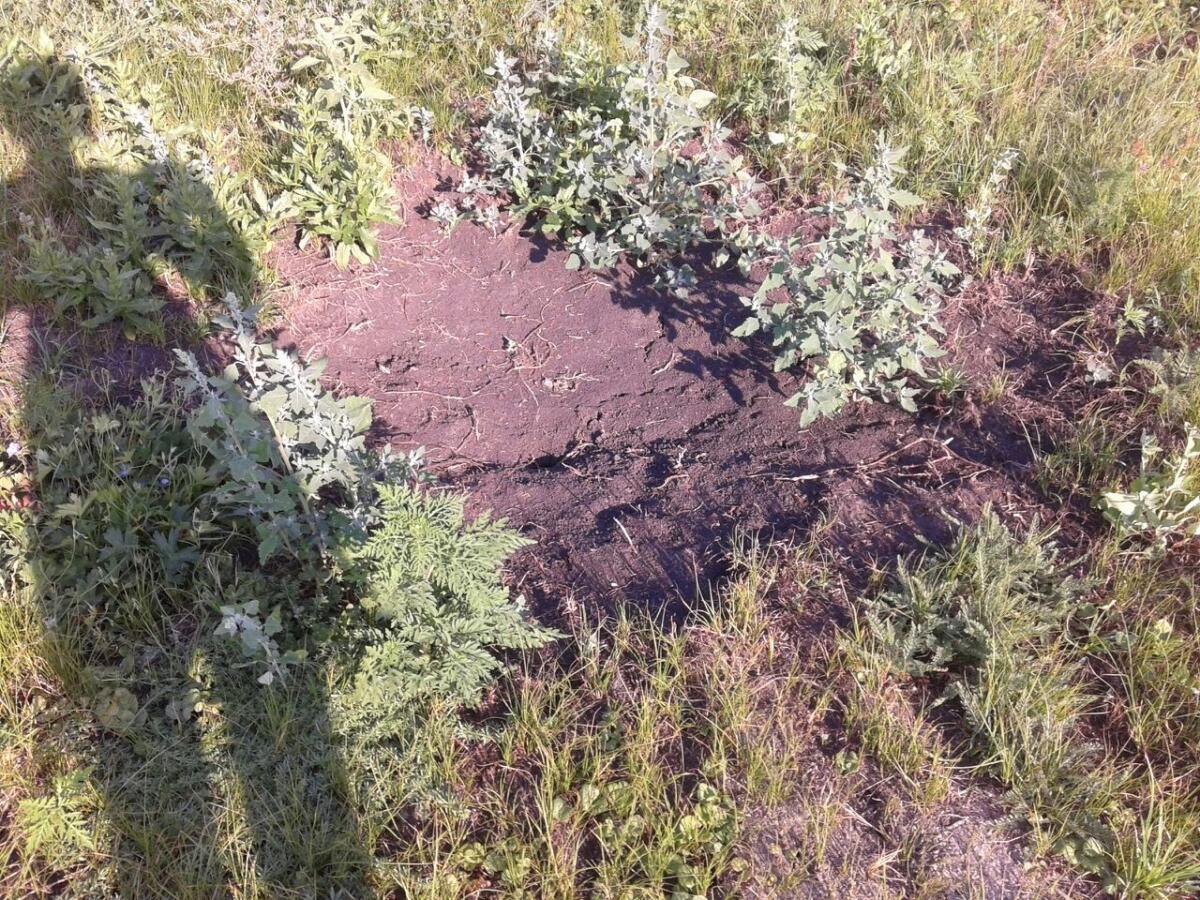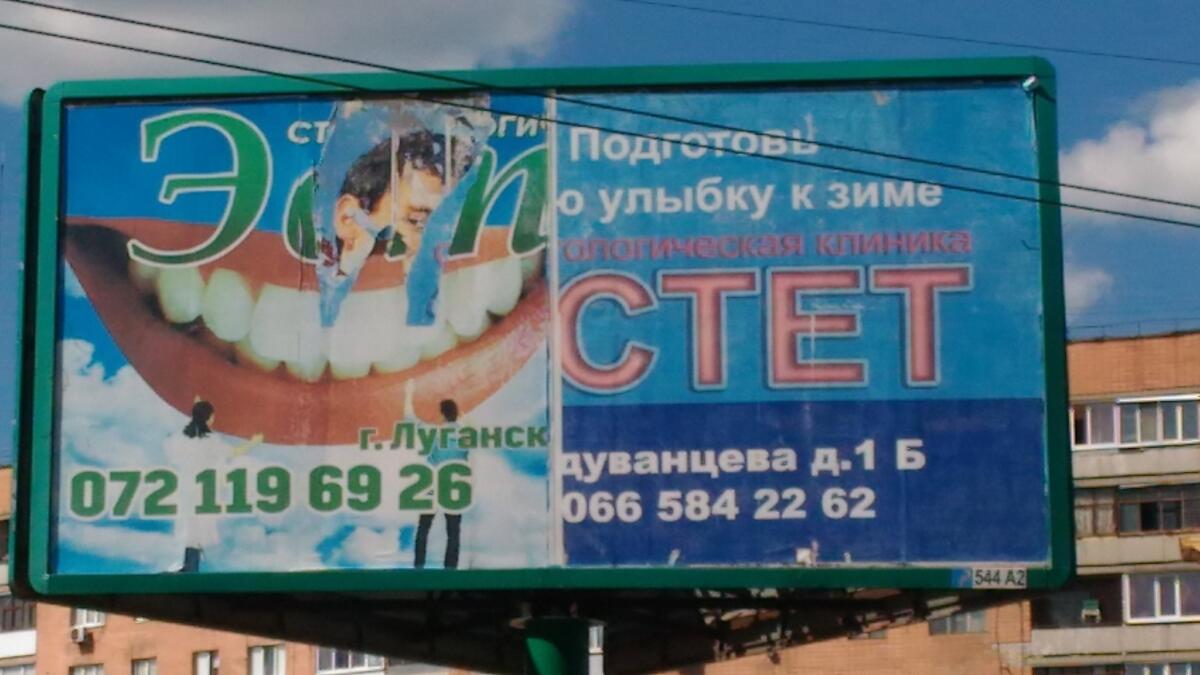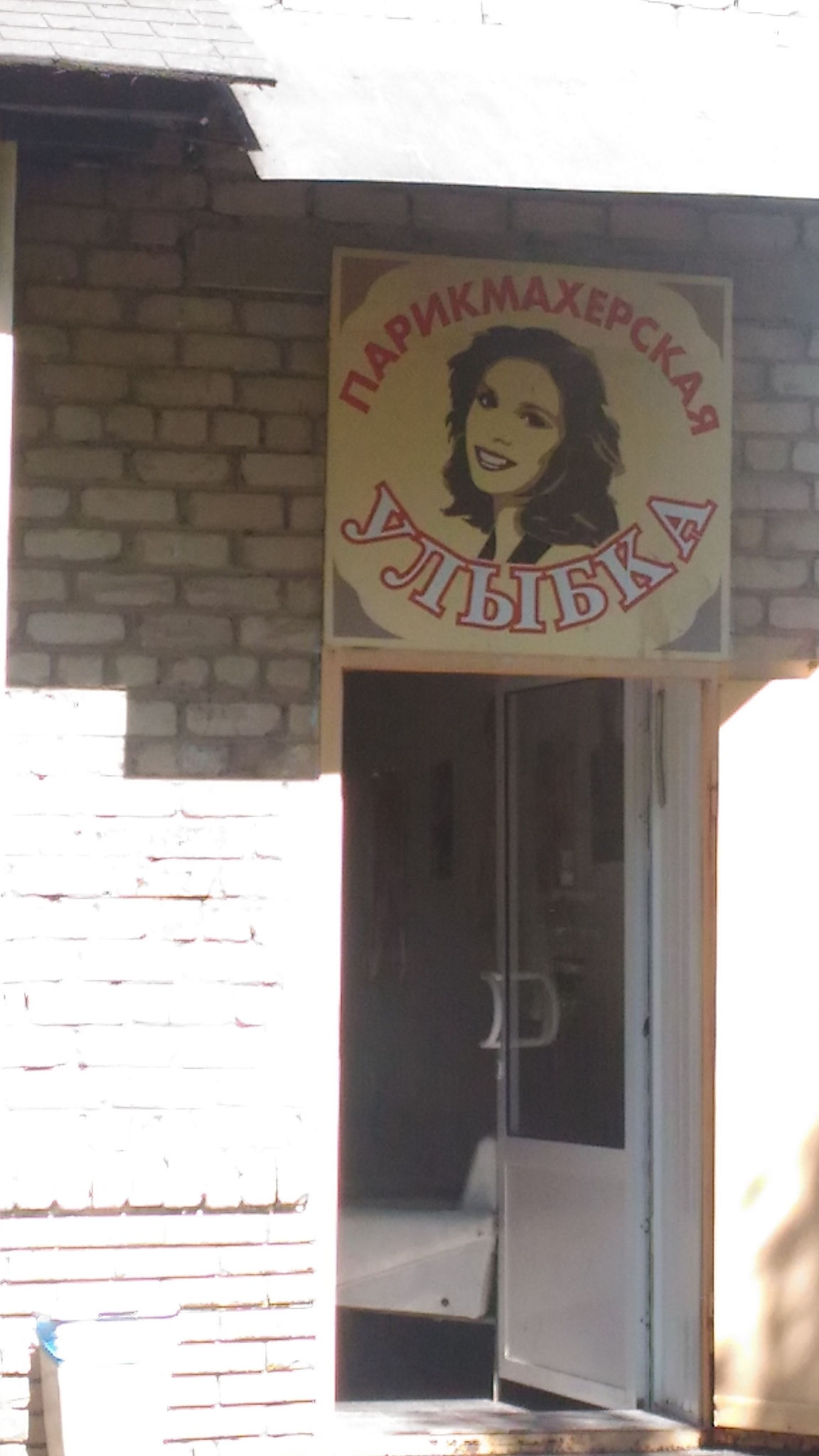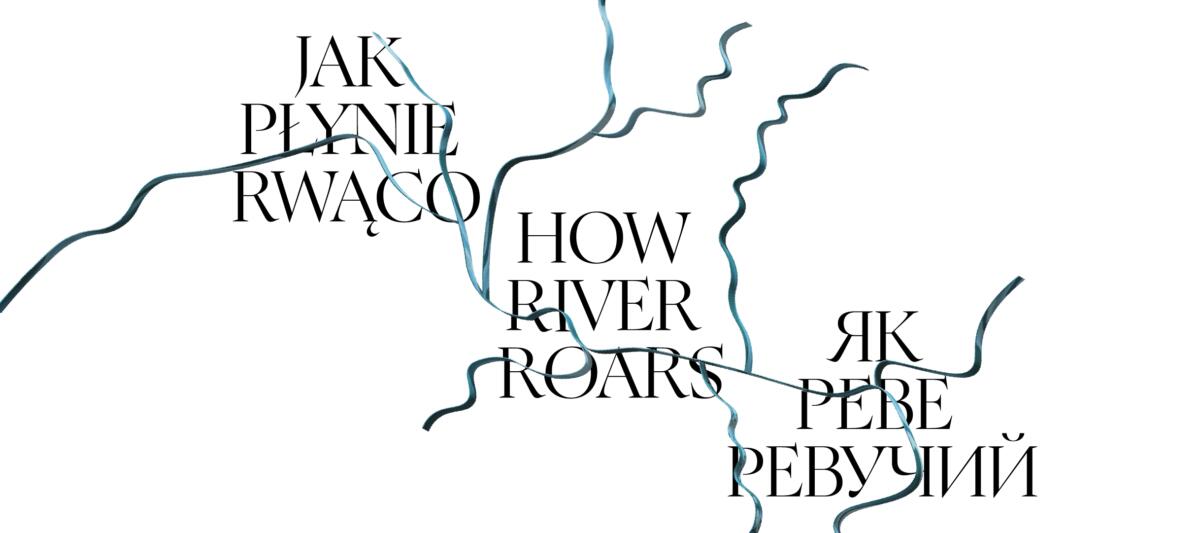
Kateryna Aliinyk writes her text based on her grandparents’ experience, as they stayed in Luhansk, which has been under Russia’s occupation since 2014. The last opportunity to visit them was before the pandemic and the outbreak of full-scale war. To do so, she had to cross Ukrainian-Russian checkpoints. Aliinyk offers a perspective on war and occupation through the lens of nature and agricultural practices.
Often, the memories of home emerge in pairs, or as paradoxes, and are divided into categories: before the beginning of the war, after, and things that are outside of time. For example, I had a utility pole behind my yard where an old rotten piece of timber was strapped to a concrete post with metal wire. A woodpecker always landed on the pole to pull out the bugs. The post was planted in a clay berm. There is a lot of clay in Donbas in general. As a child, my favorite “confec- tion” was a layer cake made of different types of soil — the black earth, chernozem, from the garden, and clay from that mound —the cut sections of which looked beautiful and appetizing. Sometimes I could even take the liquid mud from the puddle outside the gate and pour it over the cake like icing, but only if it had rained before.
On a similar but higher hill stands the house of my grand- mother’s colleague from the market. In two thousand fifteen, she was spotted crawling on her belly on that snow- wet hill. It turned out she got drunk while discussing politics at work, and on her way back home she thought tanks were coming at her from behind the hill.
Earlier, we would take the road through Bakhmut to get to Sloviansk. There are also many clay precipices by the road. On one of them there was, or still is, a giant head of Ilya Muromets, molded as tall as two people stacked together.
It has probably collapsed already. I asked my countrymen and women if they knew where the Ilya Muromets head is exactly, and whether it’s even still there. No one remembers. Maybe, I only saw it in a dream. But after the liberation, I want to go and find it. What is this head about? Who sculpted it? And why in that place — nobody knows! There are many different memories I’d like to verify.
After two thousand fourteen we moved and we started traveling to Sloviansk from the west. At first two times a year, then only for the potatoes. Besides the clay, there’s a lot of salt in the Donbas soil. That’s why we say that the potatoes grow already salted—you just need to boil them. The tastiest variety is called Bella Rosa. A lot of the time, all we eat is potatoes. Even when you’re already sick of potatoes, you’re not allowed to throw them away. To avoid upsetting my great-grandmother, we put them in a bag and hid them at the end of the garden in the dead of night. We dig the potatoes up during the day and bury them back again at night.
Mount Karachun could be seen from the garden, and my whole childhood I always wanted to get to it and climb it, but all our time was taken up by potatoes. The grown-ups said: “You’ll climb it when you grow up.” Of course, I’ve grown up, but all the access has been mined for a long time already, and now it’s completely unclear what’s happening there. And now’s not the time for climbing the mount anyway.
***
At documenta fifteen there was a work about Armenians who were expelled from their lands, and left with only songs about the stolen landscape. About the memory of the mountains’ beauty, the valleys full of walnut trees, and the impossibility of coming back. They just sing those songs, and Germans come, watch, and say: “Oh, what a pity!” Whatever happens, however deep the wound is, in the end, the Germans will be looking at all of this.
Yet, I think about other things as well, not just about the landscape. Once, an old man died before my eyes while queueing at the Stanytsia Luhanska checkpoint. He simply broke down, went to a toilet room, and died. And those elderly people go back and forth all the time: to buy butter in Stanytsia, “the tomatoes are tastier there,” to withdraw their pension from the ATMs; and they die in a queue. But it’s someone’s grandfather, do you understand? It’s not a joke. And thousands of people stand there. And you stand there with them and bring bags with you: fifteen kilos of Persil detergent, as grandmother ordered. “So, bring Persil, ten kilos a year, but if you bring more, well great then!” Grandpa wants the Belochka candy, five kilos. “We’ll bring it! What else do you want?” “Well, then take three little buckets of butter and something else we forgot… pills…” Okay, we’ll take the pills, of course, let’s go!
What other blessings of civilization are available besides laundry detergent? So long story short, we’re dragging all this with my mother and sister. The “separs” always search the bags and check our phones. We carry all this, like idiots, in the heat, across the one-kilometer buffer zone. Mom has a dog with her, he’s hot and doesn’t want to walk on his own, and besides him, we’re dragging this detergent on our shoulders. Excuse me for this detergent obsession, but everything weighs so much that it seems as if we’re carrying a whole human body with our hands. We walk further and there are signs all over the place: “MINES! MINES! MINES!” We walk along this fucked-up road, and deliver the deter- gent – everyone is happy.
Do you think we’re going back light-handed? Maybe, without bags? No, let’s bring from Luhansk the hundred and fifty jars of tomato sauce from grandmother’s garden! “Let’s take it! Load the bags up, granny! Give us three boxes of grapes, too – this year’s juicy crop!” The grapes will, of course, squash on our way, and no one will eat them at the dorm, and mum will call and say: “Well, at least make a smoothie from them, grandfather grew it. Don’t throw it away!” “Okay.” And mum continues: “Why don’t we put the tomato sauce from Luhansk into a borshch?” We’ll take it! What about three bags of dried apricots? Let’s take it! And as we return with the bags, every time I think: “Well this time, either I or mum will get a hernia, and the navel will come loose, 100 percent.” It seems like I already have a hernia. Or is this feeling just so imprinted on my subcortex?
Here, in Germany, I also bought some candy so that my friend could pass it on to my family. The date syrup, some other worthless crap from here. God, it’s so pathetic! I think about it every time and again today, as I come into a shop: “I’m so pathetic! I bought them some stupid candy!” Just like when we brought that detergent to Luhansk, the Belochka candy, same here in Germany, but in return, I get a different candy – “khuelochka.” Same agenda.
How did we get to a point when our feckless displaced lives revolve around candy? It’s so ridiculous! What even is value to us? Germans will never understand this. You have to be truly pathetic and sick to bring fifteen kilos of Persil deter- gent through the checkpoints under the barrel of a gun. I’m ashamed to tell this to anyone and don’t want them to know what everything really looks like and what we do.
“What are you bringing?” “Persil!” “And back?” “Tomato sauce from the garden. A hundred and fifty jars.” And then, at her Kyiv apartment, mum loads my bag with this tomato sauce and says: “Will somebody at least meet you at the bus?” “Of course, they will!” So I walk, and the dorm is on Mount Everest. And this staircase is long as hell, and I ask over the phone: “Could you help me with the bags?” Not today. “I’m busy, goodbye.” And I’m dragging this tomato sauce on my shoulders further – like in Luhansk, along this one-kilometer passage between mines – until I get to the dorm’s doorstep. And everyone then eats it all, shits it out and goes to sleep. Nobody even helped me with the bags, no one fucking knows how it was for me. I stood in a queue with this tomato sauce under the forty degree heat and nobody even knows, everyone is from other parts of Ukraine. No one is interested in these household issues. I was thinking in that queue how could anyone affect my life while I was standing with Persil under the forty degree Donbas heat? In reality, all those thoughts evaporated from my head as soon as the bags touched the floor of my home. Then what are we talking about, anyway?
translated by Yustyna Kravchuk
Return to the table of contents and Introduction.
Imprint
| Index | Kateryna Aliinyk |

